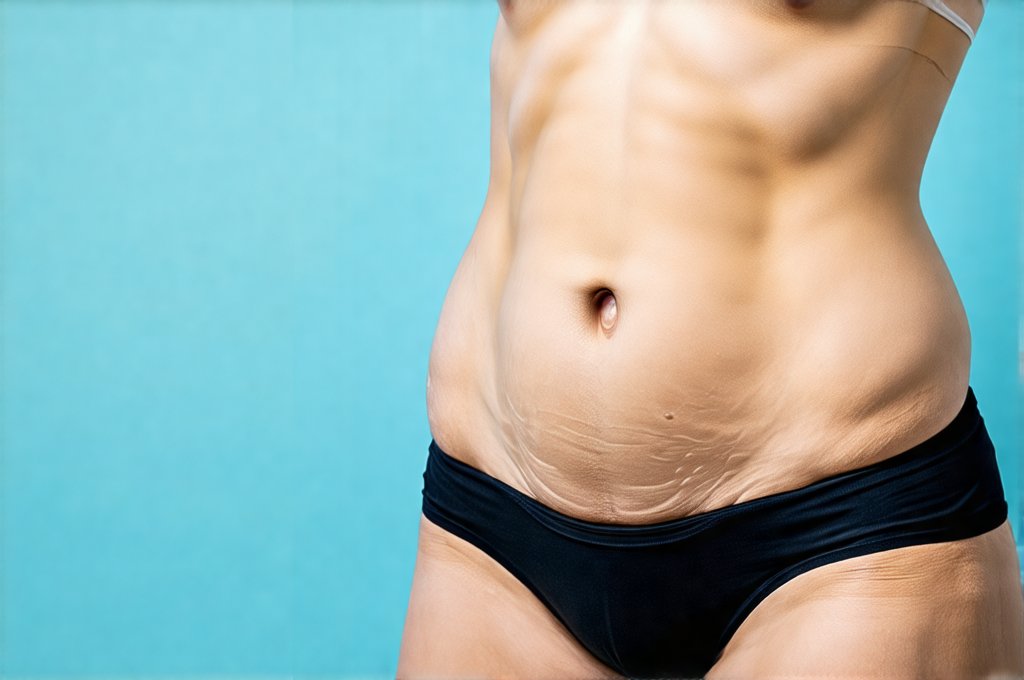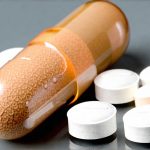Bladder infections, formally known as cystitis, are common ailments affecting millions annually, primarily women due to anatomical differences. These infections typically arise from bacteria entering the urinary tract, often E. coli, leading to inflammation and discomfort. However, many individuals experiencing these infections also report a sensation of bloating in the lower abdomen, prompting questions about the connection between the two. Understanding whether bladder infection causes lower abdominal bloating requires exploring the physiological mechanisms at play, the potential for overlapping symptoms with other conditions, and recognizing when seeking medical attention is crucial. It’s important to remember that symptom presentation can vary significantly from person to person, making accurate self-diagnosis challenging and highlighting the need for professional evaluation.
The discomfort associated with bladder infections often extends beyond frequent urination or a burning sensation during voiding. The inflammatory response triggered by infection can impact surrounding tissues and organs, leading to broader symptoms like lower abdominal pain and distension. This isn’t necessarily “bloating” in the traditional sense of gas buildup; instead, it’s more accurately described as discomfort from inflammation and pressure within the pelvic region. Moreover, anxiety or stress related to experiencing an infection can exacerbate digestive issues, potentially contributing to a feeling of fullness or bloating. This complex interplay between physiological responses and emotional factors explains why many individuals report lower abdominal bloating alongside bladder infection symptoms – creating a situation where differentiating causes requires careful consideration.
Understanding the Connection: Inflammation and Discomfort
The primary link between bladder infections and perceived abdominal bloating lies in the inflammatory process itself. When bacteria invade the bladder, the body’s immune system responds by releasing inflammatory mediators. These substances aren’t limited to the bladder; they can affect surrounding organs like the intestines and uterus, causing localized swelling and discomfort. This inflammation can lead to a feeling of pressure or fullness in the lower abdomen, which many people interpret as bloating. – It’s crucial to distinguish this from bloating caused by excessive gas production in the gut.
– The location of the bladder’s proximity to other abdominal organs makes it plausible for inflammatory responses to radiate and manifest as discomfort in nearby areas.
– Furthermore, muscle tension within the pelvic floor due to pain or discomfort can contribute to a feeling of tightness and pressure, further mimicking bloating.
The intensity of this sensation varies depending on several factors including the severity of the infection, individual sensitivity to pain, and pre-existing digestive conditions. Individuals with irritable bowel syndrome (IBS) or other gastrointestinal issues may be more likely to experience pronounced bloating alongside bladder infections due to increased visceral sensitivity – a heightened awareness of internal organ sensations. It’s also important to consider that some medications used to treat bladder infections, like antibiotics, can disrupt the gut microbiome, potentially leading to temporary digestive upset and contributing to bloating. Therefore, it’s not always directly the infection itself causing bloating but rather a combination of inflammatory responses, medication side effects, and individual predispositions.
Differentiating Bloating from Other Causes
While lower abdominal bloating can be associated with bladder infections, it’s essential to differentiate it from other potential causes to ensure accurate diagnosis and treatment. Common culprits include: – Gastrointestinal issues: IBS, constipation, food intolerances, and gas buildup are all frequent sources of abdominal bloating.
– Menstrual cycle: Hormonal fluctuations during menstruation can cause water retention and bloating in the lower abdomen.
– Ovarian cysts or other gynecological conditions: These can lead to pelvic pain and a feeling of fullness.
– Early pregnancy: Bloating is often an early symptom of pregnancy.
Determining the source requires careful evaluation of accompanying symptoms. For example, if bloating is accompanied by changes in bowel habits (diarrhea, constipation), abdominal cramps unrelated to urination, or food sensitivities, a gastrointestinal cause is more likely. If bloating occurs cyclically with menstruation and is associated with pelvic pain, a gynecological issue may be the culprit. In contrast, bladder infection-related “bloating” is usually accompanied by urinary symptoms like frequent urge to urinate, burning sensation during voiding, cloudy or bloody urine, and lower abdominal pain that worsens with urination.
If you’re experiencing persistent bloating without clear cause, it’s vital to consult a healthcare professional for proper diagnosis. They can perform a physical exam, review your medical history, and order appropriate tests (urine analysis, blood work, imaging studies) to identify the underlying reason for your symptoms and recommend an appropriate course of action. Self-diagnosis can be misleading, potentially delaying necessary treatment or leading to unnecessary worry. If you are concerned about lower abdominal pain, it is important to understand why cancer can cause lower abdominal pain.
Recognizing Symptoms Requiring Medical Attention
Prompt medical attention is crucial if you suspect a bladder infection, even if bloating is the primary symptom. Here are key indicators that warrant immediate evaluation: – Severe abdominal pain: Pain that is intense, persistent, and not relieved by over-the-counter pain medication.
– Fever or chills: These suggest the infection may have spread beyond the bladder.
– Blood in urine: A clear sign of infection and potential complications.
– Inability to urinate: This can indicate a blockage or severe inflammation.
A healthcare provider will typically perform a urinalysis to confirm the presence of bacteria in the urine. If a bacterial infection is confirmed, antibiotics are prescribed – usually for 3-7 days depending on the severity of the infection and the specific antibiotic used. It’s essential to complete the entire course of antibiotics as prescribed, even if symptoms improve before finishing the medication, to prevent recurrence or development of antibiotic resistance. What women should avoid after a bladder infection is also important to know for preventative measures.
Preventing Bladder Infections & Associated Discomfort
While not all bladder infections are preventable, several steps can reduce your risk: – Stay hydrated: Drinking plenty of water helps flush out bacteria from the urinary tract.
– Practice good hygiene: Wipe front to back after using the toilet to prevent bacterial spread.
– Urinate after intercourse: This helps eliminate any bacteria that may have entered the urethra during sexual activity.
– Avoid irritating feminine products: Douches, scented soaps, and powders can disrupt the natural balance of bacteria in the vagina and increase infection risk.
– Consider cranberry products (with caution): While research is mixed, some studies suggest cranberry products may help prevent recurring UTIs by preventing bacteria from adhering to the bladder wall. However, they are not a treatment for active infections and should be discussed with your doctor, especially if you take blood thinners.
Managing Bloating During & After Infection
If you’re experiencing bloating alongside a bladder infection, there are steps you can take to manage symptoms: – Stay hydrated: Drinking water aids digestion and reduces overall discomfort.
– Avoid gas-producing foods: Limit consumption of beans, broccoli, cabbage, carbonated drinks, and other foods known to cause bloating.
– Gentle exercise: Light activity like walking can help alleviate digestive issues and reduce bloating.
– Warm compress: Applying a warm compress to the lower abdomen may provide soothing relief.
– Probiotics (with doctor’s approval): If antibiotics disrupt your gut microbiome, probiotics may help restore balance and improve digestion. Always consult with your healthcare provider before starting any new supplements.
It’s important to reiterate that experiencing bloating alongside a bladder infection is not uncommon, stemming from the inflammatory response and potential disruptions to digestive processes. However, distinguishing between infection-related discomfort and other causes of bloating requires careful observation of accompanying symptoms and prompt medical evaluation when necessary. Can UTIs cause lower back or abdominal pain? is a question many patients ask their doctors. Prioritizing preventative measures and seeking timely treatment can significantly improve your overall well-being and minimize the impact of bladder infections on your daily life. Does sitting too long cause bladder infections? is also an important consideration for preventative care.





















